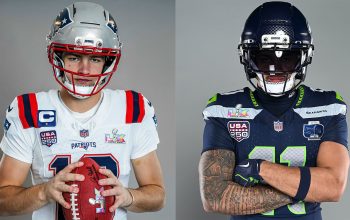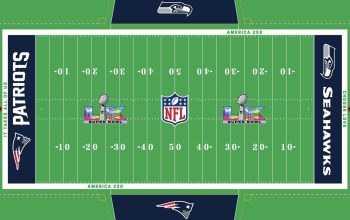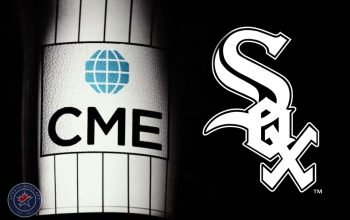
According to a report from TMZ Sports, a former employee is suing the New York Jets and the NFL for unspecified damages for designing the team’s 1978-97 logo.
In a lawsuit filed in court on Monday, Jim Pons claims he was working as the Jets’ film and video director when he designed the logo, which is italicized and features a jet extending from the “J.”
New York even acknowledged this when the franchise promoted its “Sack Exchange” throwback uniforms to full-time status in April, introducing a slightly modified version of the logo, as well.
“It was all a huge surprise. It came from out of nowhere,” Pons told the team’s website. “I had no idea they were even thinking about it, nor did I know that it was that popular with the Jets fans.
“They told me the fans demanded we go back to the old logo, to my logo. So really, that’s wonderful. I’m very happy about that, very proud of that.”
However, in the months since, Pons has changed his tune. He believes he owns the rights to the logo, that he designed it outside of the scope of his job and is entitled to compensation as a result.
In addition to the unspecified damages, Pons is asking the judge to cancel the Jets’ trademark of the logo and rule that they can no longer use it on their uniforms or merchandise without his consent.
The Jets issued a statement to the New York Post on Monday, calling the lawsuit “baseless and without merit,” as logo has been registered with the United States Patent and Trademark Office for “nearly 50 years.”

This isn’t the first time an NFL team has faced a lawsuit over its logo, though, as the Baltimore Ravens were forced to change their logo in 1999 after they were sued by a security guard for copyright infringement.
Their original logo, which depicted a gold shield with a “B” in the center and wings flanking it, was designed by Frederick Bouchat, who submitted it via fax machine to the Maryland Stadium Authority.
Bouchat asked for more than $10 million in damages but was not awarded any monetary compensation for his claim because it was ruled that the Ravens did not directly profit from the infringement.











